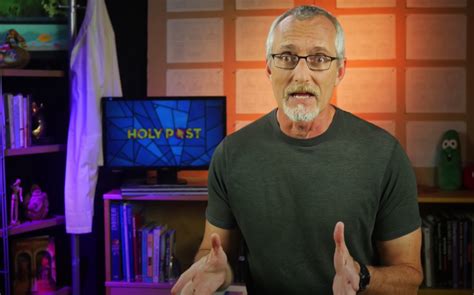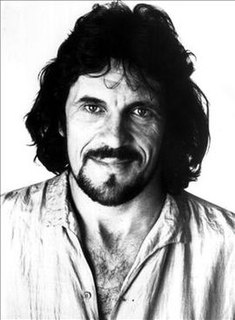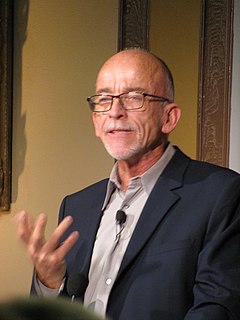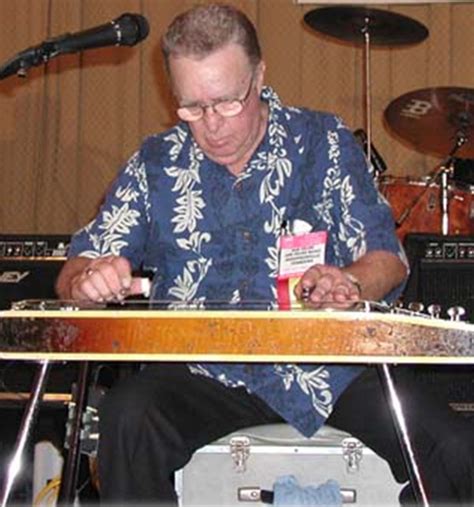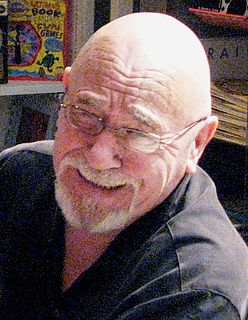A Quote by Ian Gillan
We spent a long time learning the craft of songwriting, Roger Glover and I, for a few years before we joined Deep Purple. You learn about the percussive value of words, and you learn about rhyme and meter. You learn that you can't transform a poem into a song lyric, mostly because the spoken shape of words is different than the sung shape of words. You wouldn't use the vowel 'U' or the vowel sound 'ooo' for a high note for example, its very difficult.
Quote Topics
Related Quotes
I did television for a very long time, but if you're on television, words don't count. What the eye sees beats the words. If you switch sides, from radio to television, you learn that the wordiness that you learn on the radio is useless or not nearly as powerful, and you have to learn to trust that the eye will just beat the ear.
Telling the complete story of VeggieTales would require much more time than we have before us tonight. Since this is Yale, I decided to craft a shorter version of the story, using very large words. Remembering though that I was kicked out of Bible College before I'd had a chance to learn many very large words, I concluded that my only remaining option was to tell the story simply, using simple words, and chance the consequences.
We are learning all the time - about the world and about ourselves. We learn without knowing that we are learning and we learn without effort every moment of the day. We learn what is interesting to us... and we learn from what makes sense to us, because there is nothing to learn from what confuses us except that it is confusing.
My favorite song he ever wrote was 'Cold Cold Heart.' If you think about it, the lyric to 'Cold Cold Heart,' see how many two syllable words are in that song. Very, very few. ... Verses and the choruses have very few two syllable words. 'I tried so hard my dear to show that you're my everything.' One three-syllable word.
Certainly, writing a book was challenging. It took me a long time to learn how to do it. It took me seven years to get a sense of how to wean myself off the process and trickery of songwriting. You realize that giant metaphors work in songs because you have so few words. Standing alone on a page, they threaten to be overblown in a hurry.
The advice I continually give to young writers is this, "Learn to paint pictures with words." Not just once upon a time, but ... In the long secret dust of ages, beneath a blue forgotten sky, where trade winds caress the sun bleached shores of unknown realms ... See, as much as there are words in poetry, there is a poetry in words. Use it, stay faithful to the path you have set your heart upon and follow it.
Go another step. Try to live one entire day without words at all. Do it not as a law, but as an experiment. Note your feelings of helplessness and excessive dependence upon words to communicate. Try to find new ways to relate to tohers that are not dependent upon words. Enjoy, savor the day. Learn from it.




